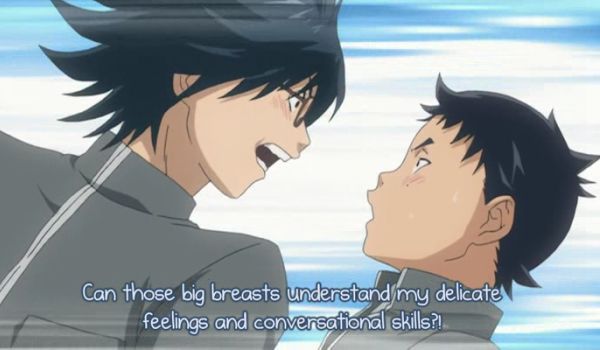Quantity vs Quality! The eternal battle!
Yesterday I mentioned a book by Huston Smith, who seems to be moderately famous but not to me. He is a scholar of comparative religion or some such, and evidently quite the spiritual offroader himself. Well, judging from the title of his autobiography, which comes quite late in his life as well, around the age of 90, and is titledTales of Wonder: Adventures Chasing the Divine, an Autobiography. That is quite an adventure, don’t you think?
But I had not heard about that, I bought the book Forgotten Truth because it supposedly claims that a multidimensional, vertical cosmos is the common thread of all the world’s great religions (and some not so great ones too, from what I gather).
As regular readers will know, I have taken an interest in the verticality of the universe for some time now. Obviously I don’t mean vertical in a literal sense, as the physical universe already has this dimension. But rather that there are other dimensions beyond those measured with a measuring tape and a stopwatch. These dimensions are qualitative rather than quantitative.
Take beauty, for instance. It is certainly hierarchical, in the sense that some things are more beautiful than others, but there is no obvious measuring unit for it. There are certainly cultural and even personal variations in the sense of beauty, but the existence of beauty is obvious to all who don’t have a desperate need to forget it. Even so, we cannot perform arithmetics on it. Or happiness. You can surely compare your happiness today with your happiness yesterday, and you can generally say when someone is happy or unhappy, but you cannot compare your happiness to your neighbor’s happiness and announce that you have 1.19 happyliter more happiness than he.
The world is full of such qualities, and they are clearly ordered, so that there is a higher and a lower degree of them, even though we cannot express it directly. This direction is it that we call vertical, in a metaphorical sense. A higher realm, such as a Heaven, would have more beauty and happiness and peace – not as in a greater number of pretty things, happy people etc, but these qualities would be in themselves more intensely present, more subtle, deeper.
I have still only read the beginning of the book, and I am not actually quoting it in the least. This is my view more or less at the time I bought the book, and I don’t expect it to change much from reading it. Although I do expect it to become more intensely present, more subtle and deeper… ^_^
***
Reading one of those early pages yesterday on the bus, I almost laughed out loud. And not in the mocking way of a drunk fratboy, but the unrestrainable glee of a toddler finding something shiny. The shiny in this case was a quick mention of “quality” as one of those non-Euclidian properties of the cosmos.
As I’ve mentioned a couple times, it is November, and for me that traditionally means National Novel Writing Month, a creative stampede in which writers good and bad (and good and evil) each try to write 50 000 words of one single work of a vaguely novel-like nature. And my attempt this year (which seems certain to fail, in part because I take it more seriously than usual) entails a man who crosses over to a different world, one in which Quality is a kind of magic that makes people and things go beyond the call of duty and do things normally not possible. For instance, a craftsman with a very high Quality may make a bed with a very high Quality, such that it not only restores your energy when you sleep in it, but also heals you to some small degree. The Quality of all things in the area influence each other. People in a high-Quality area make high-Quality products, but they also eat high-Quality food made from high-Quality plants etc.
Of course that is just a literary device. It is, as I call it, “like a spiritual journey without the spiritual part”. But of course I hope that some curious soul would set off on their own spiritual journey, whether chasing the wild Divine or merely fleeing the soul death within.
My novel sucks, though. I am not good at writing non-humor novels, and that’s a fact. If I get to live for decades more, I might actually become able to do it. But for now, I think I do a better job with non-fiction. Or perhaps not. Just because I understand what I write (to some degree at least!) does not mean that others do. But surely sooner or later someone vaguely similar to me will come across it. I know that happens to me. I come across someone who I have never heard of, and who is plagiarizing me, sometimes long before I was even born. Like this Huston Smith. Or the Buddha, or Lao-Tzu.

